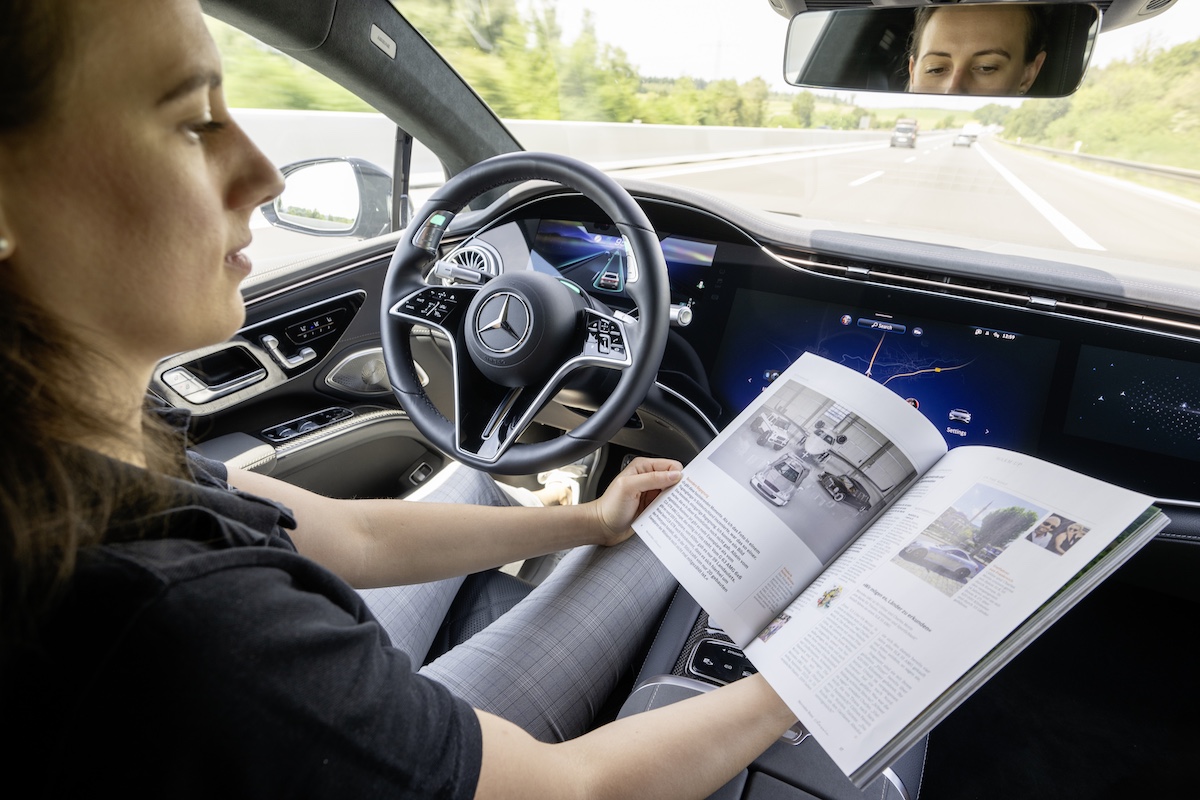According to the SAE classification of autonomous driving levels, the commonly seen Level 2 vehicles on the market only offer partial autonomous capabilities. Level 3 represents conditional autonomy, while Level 4 technologies enable fully autonomous driving in specific environments, such as China's Baidu Apollo and the U.S.-based Waymo robotaxi services. Achieving Level 5 full autonomy, however, remains elusive.
Statistics from Canalys show that in the 2024 global new car market, only 5.5% of vehicles are equipped with Level 2 or higher autonomous driving capabilities. This highlights significant growth potential for automakers striving to enhance their offerings.
.jpeg)
In China, which leads the first wave of autonomous driving development, approximately 20 companies, including Xiaomi, Pony.ai, and Baidu, are testing fully autonomous driving technologies. Goldman Sachs predicts that by 2040, 90% of new vehicles sold in China could be equipped with Level 3 or higher autonomy. However, with intense competition in the new car market, autonomous driving technologies have become a core focus, posing challenges for automakers in reducing costs.
Meanwhile, in the U.S., autonomous driving may benefit from a policy boost under President Donald Trump. Plans to relax regulations on artificial intelligence and appoint Elon Musk to streamline administrative processes could accelerate data collection and commercialization, bringing autonomous driving closer to mass adoption.

Globally, automakers are ramping up investments in autonomous driving technologies to strengthen their future competitiveness. For instance, Germany's Volkswagen has invested in China's Xpeng Motors to access advanced autonomous driving knowledge. Similarly, China's BYD has pledged $14 billion, and Japan's Toyota plans to invest $11.3 billion. These traditional automakers are taking decisive steps to overcome current challenges, transitioning autonomous technologies from restricted environments to broader applications, potentially revolutionizing global transportation systems.